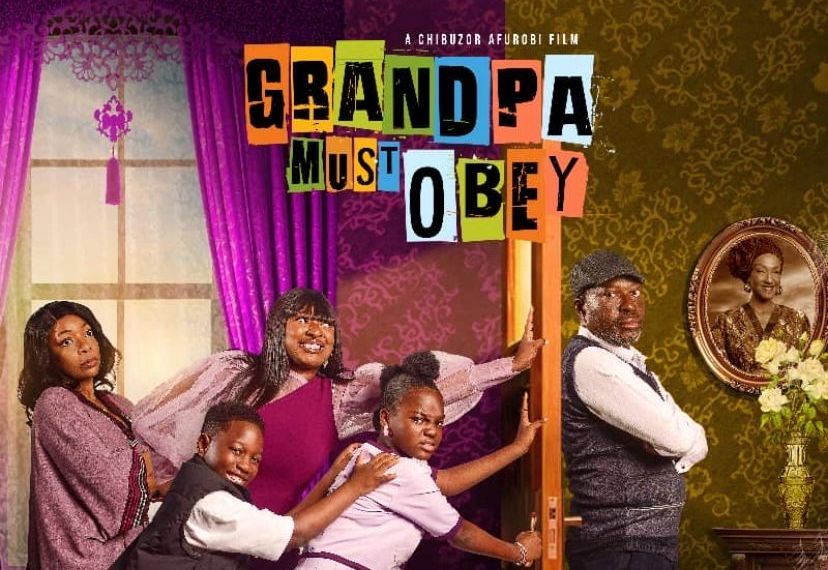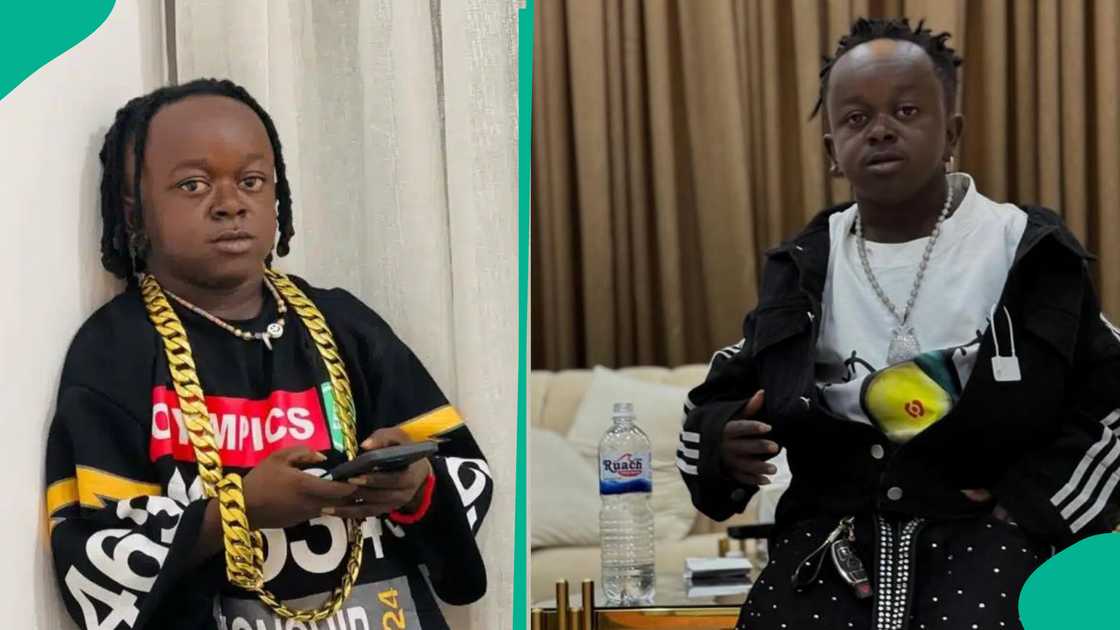In the vibrant world of Nollywood, few filmmakers strike a chord with audiences quite like Omoni Oboli. Her approach to romantic storytelling resonates strongly in Nigeria and across West Africa, reflecting the realities and complexities entwined with modern love. Oboli’s films aren’t just about fleeting romance—they’re intricate tapestries featuring family dynamics, societal expectations, persistent gender biases, and, above all, the endurance of women navigating ambition and vulnerability. It’s a recipe that has proven compelling for both devoted fans at home and a growing international audience eager for stories that are authentically African, yet universally human.
Earlier in 2025, Oboli’s film “Love in Every Word” took Nollywood by storm, drawing over 28 million viewers and quickly earning a place among the year’s most influential romantic films. According to industry analysts, few releases have generated such buzz—highlighting Oboli’s influence over contemporary romance narratives. Only days after premiering her latest project, “In the Name of Love”, she’s done it again, as the new release soared past one million views in less than a week. This pattern signals not just excitement, but a genuine demand for stories that reflect the hopes and challenges of African audiences.
While these two films tread separate narrative paths, they unmistakably share a creative spirit. Oboli’s signature is evident: a director in sync with her audience, weaving stories that mirror everyday realities while offering fresh angles on love and resilience.
Omoni Oboli’s Storytelling Signature
Throughout her body of work, Oboli has consistently centered strong, multi-layered women in romantic roles. Her protagonists are driven and calculating, but also steeped in emotional history that shapes how they interact with love. Unlike passive heroines, Oboli’s characters—often entrepreneurs or professionals—meet love while grappling with internal conflicts and external pressures, including cultural judgments and personal insecurities.
The male leads in her stories, meanwhile, are far from mere accessories. Instead, they embody depth and complexity: charismatic yet challenged by circumstance, required to grow and adapt before their relationships can thrive. The result is a blend of honest emotion and aspirational romance, striking a balance between fairytale ideals and the lived realities of Nigerian audiences.
“Love in Every Word”
Seven months ago, the release of “Love in Every Word” introduced a wider audience to Oboli’s refined romantic vision. Starring BamBam as Chioma—a woman seeking stability after ending a draining, tumultuous relationship—the film highlighted issues familiar to many. Chioma’s journey to self-recovery, nurturing an entrepreneurial venture in perfumes, mirrored the aspirations of countless Nigerians hustling for independence and fulfillment.
A turning point unfolds during a family gathering in Anambra, where Chioma meets Obiora (played by Uzor Arukwe)—an affluent man whose instant attraction disrupts her carefully rebuilt world. Despite the obvious chemistry, Chioma hesitates, her doubts fuelled by personal trauma and subtle prejudices—a particular aversion to Obiora’s strong Igbo accent—and unresolved family tensions. These hurdles add depth and realism to the story, resonating with viewers who have navigated similar obstacles in their own love lives.
What sets “Love in Every Word” apart is its exploration of how past wounds—especially childhood trauma—can echo into adult relationships. The film also comments on intra-cultural discrimination, with Chioma’s bias underscoring that obstacles to love often come from within. The relationship at the heart of the story is both swoon-worthy and grounded in everyday truths, inviting audiences to dream while reflecting on their biases. Notably, the movie’s cultural impact was strong enough to spark a Coca Cola commercial tie-in, testament to its widespread appeal.
“In the Name of Love”
By October 2025, Oboli returned to the screen with another noteworthy project: “In the Name of Love”, featuring Osas Ighodaro and Eso Dike in lead roles. Audiences are introduced to Andrew—a self-assured CEO whose pursuit of Michelle, a fiercely independent woman, forms the film’s pulse. The casting, bringing together some of Nollywood’s brightest talent, has contributed to the movie’s rapid rise on streaming platforms, according to data from local media monitoring firms.
This film goes beyond chemistry, revealing that love requires effort, vulnerability, and—most importantly—constancy. Andrew’s persistence contrasts with Michelle’s guarded resolve, painting a realistic portrait of relationships where both partners must unlearn habits and open themselves to genuine connection.
Friendship emerges as a vital secondary theme, with supportive characters guiding the leads through moments of confusion and miscommunication. This subtle emphasis on the role of community in individual relationships resonates deeply in African societies, where family and friends are often integral to personal milestones. The film also stands out for its high production quality, lush visuals, and the palpable on-screen chemistry between Osas and Eso, which viewers have applauded on social media platforms.
Shared Themes and Cultural Impact
Despite their unique narrative arcs, Love in Every Word and In the Name of Love are united by core themes. Both center ambitious, complex women confronting childhood baggage, cultural expectations, and internal resistance on their way to finding love. Meanwhile, their male counterparts face the challenge of breaking through emotional barriers, learning that devotion is measured not only by grand gestures but by patience and consistent actions.
More broadly, these films argue that true romance in Nigeria—and by extension, across Africa—is never simple or one-dimensional. Love is a journey that demands emotional growth, empathy, and the difficult work of challenging personal prejudices. Audience reactions reflect this complexity: Nigerian viewers, according to a Lagos-based film critic, “are quick to champion characters who show kindness, integrity, and a sense of humour.” Obiora’s mix of comedic timing and dignity in Love in Every Word made him instantly memorable, just as Andrew’s slow-burn persistence in In the Name of Love is already capturing hearts nationwide.
Comparing Oboli’s work with international romance films, experts note that her stories offer “a rare look at how Africans experience love within intersecting pressures of tradition, modernity, and community,” according to Ghanaian film scholar, Ama Serwaa. This authenticity explains why her films stand out, not just in Africa, but among the global diaspora seeking real, empowering narratives.
Yet, the director’s success is not without challenges. Nollywood, while vibrant, often grapples with funding constraints and fierce competition from international streaming giants and K-drama imports, which have also found an audience in Nigeria and Ghana. Oboli’s continued excellence serves as a reminder that, when grounded in relatable truths, local stories will always find a home with African audiences—no matter what global trends may dictate.
In spotlighting women’s journeys, reminding viewers of the importance of community, and diving into the kind of honest romance many crave, Oboli has carved out a distinctive place in African cinema. As the industry continues to evolve and embrace new platforms, her films serve as both entertainment and cultural commentary—a combination that ensures their relevance well beyond Nigerian borders.
So what do you think: Are Omoni Oboli’s films helping redefine romance in Nollywood and beyond? Do you relate to her portrayal of love and family pressure, or do you feel something is missing? Share your views in the comments—let’s get a West African conversation started!










